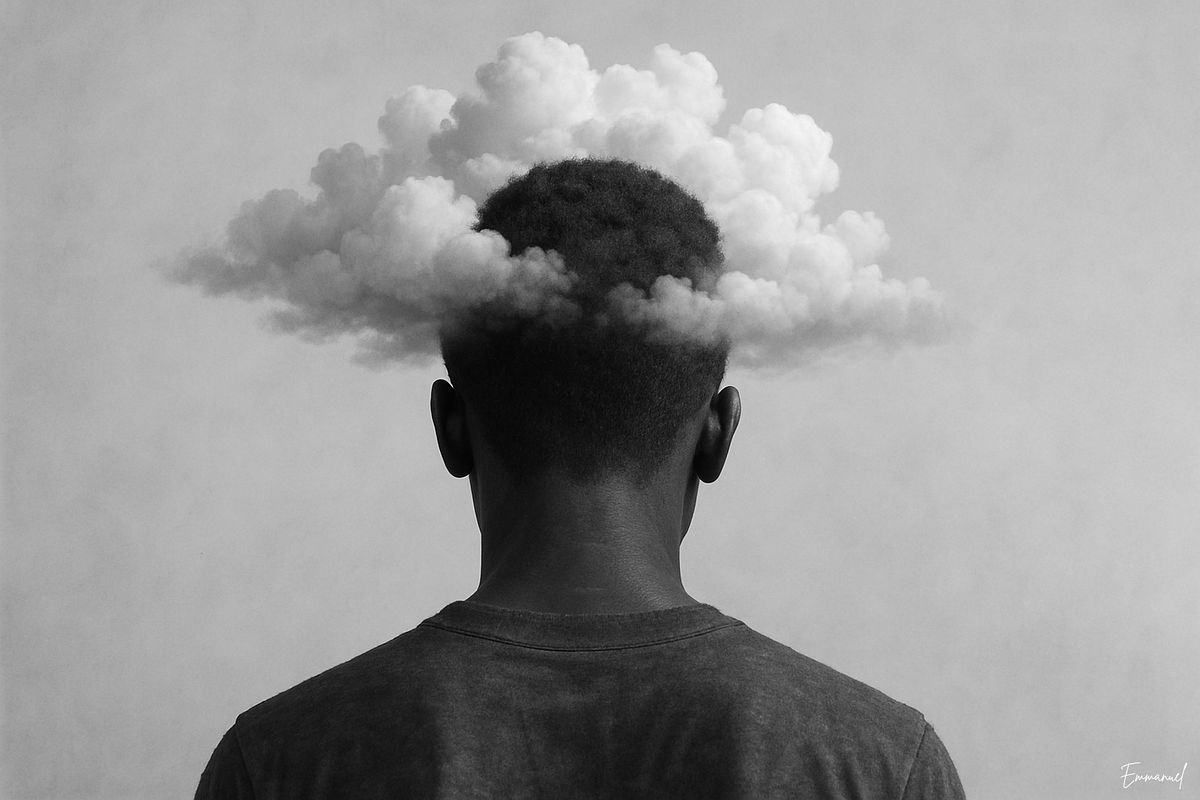He’s Getting Married. We’re Still Healing | by Emmanuel | Aug, 2025

I didn’t plan to say anything.
The news dropped like most things do in Nigerian school group chats: loud, random, and slightly out of place.
“Congratulations to Dr. ___ on his upcoming wedding!”
A few people threw in fire emojis and God Did comments. Then one person said something that cracked the glass:
“Man’s getting married and we’re forgetting how he ruined people’s lives.”
That’s when it began.
Someone posted about how he used to call female students into inappropriate corners. Someone else talked about how he threatened to fail a whole group because they didn’t greet properly after class. Stories started pouring out. About withheld results, demanded bribes, public humiliation. Things we had all heard or experienced but never quite said out loud.
Then the other side showed up.
“Let’s not spoil the moment. It’s his wedding.”
“That man is just strict, not wicked.”
“You’re all bitter because he’s winning while you’re whining.”
It was jarring. But not surprising. I’ve seen it too many times. Someone abuses power. The victims speak. And the rest of us, trained by culture to kneel before authority no matter how rotten, jump to protect the abuser.
I used to be like that too. In my first year, I watched a lecturer scream at a girl for dressing like a prostitute. Everyone laughed. Even me. Not because it was funny, but because silence felt dangerous. You don’t want to be next. You learn to stay on the good side of power, even when that power is harming someone else. You call it discipline. You call it high standards. You call it tradition.
We learn early how to excuse cruelty if it comes with credentials. He’s strict, but fair. He just wants the best for students. That’s how they trained them in the old days. You keep saying these things until you can’t tell the difference between discipline and violence.
And it’s not just universities. It’s our politics. Our churches. Our homes. We celebrate survival and mock the wounded. We defend predators because they look like us, talk like us, pray like us. Because holding them accountable feels like pulling at the loose thread in our own fabric. If we tug too hard, the whole thing might unravel.
So I said something. In the group chat. I said I remembered the time I asked that same lecturer for help and he said, “You know who to talk to if you want me to help you.” I said I wasn’t shocked at the stories being shared. I was only shocked it took this long.
And just like that, my name entered the mud.
“Why are you spoiling someone’s wedding with old gist?”
“This is character assassination.”
“You people will never go far with this attitude.”
It’s funny. People will ignore a hundred stories of pain to protect one man’s image. That tells you everything you need to know.
I didn’t respond again. Not because I had nothing to say, but because I realised something.
This wasn’t about one man. This was about who we are.
We are a society where harm gets buried under hierarchy. Where culture trains us to obey first and question never. Where silence is safety and truth is trouble. Where the abused are told to move on and the abuser is told to take heart, they’re just jealous.
Until we face that, this mess won’t end with one group chat.
It’s who we are. And unless we choose otherwise, it’s who we’ll keep being.


